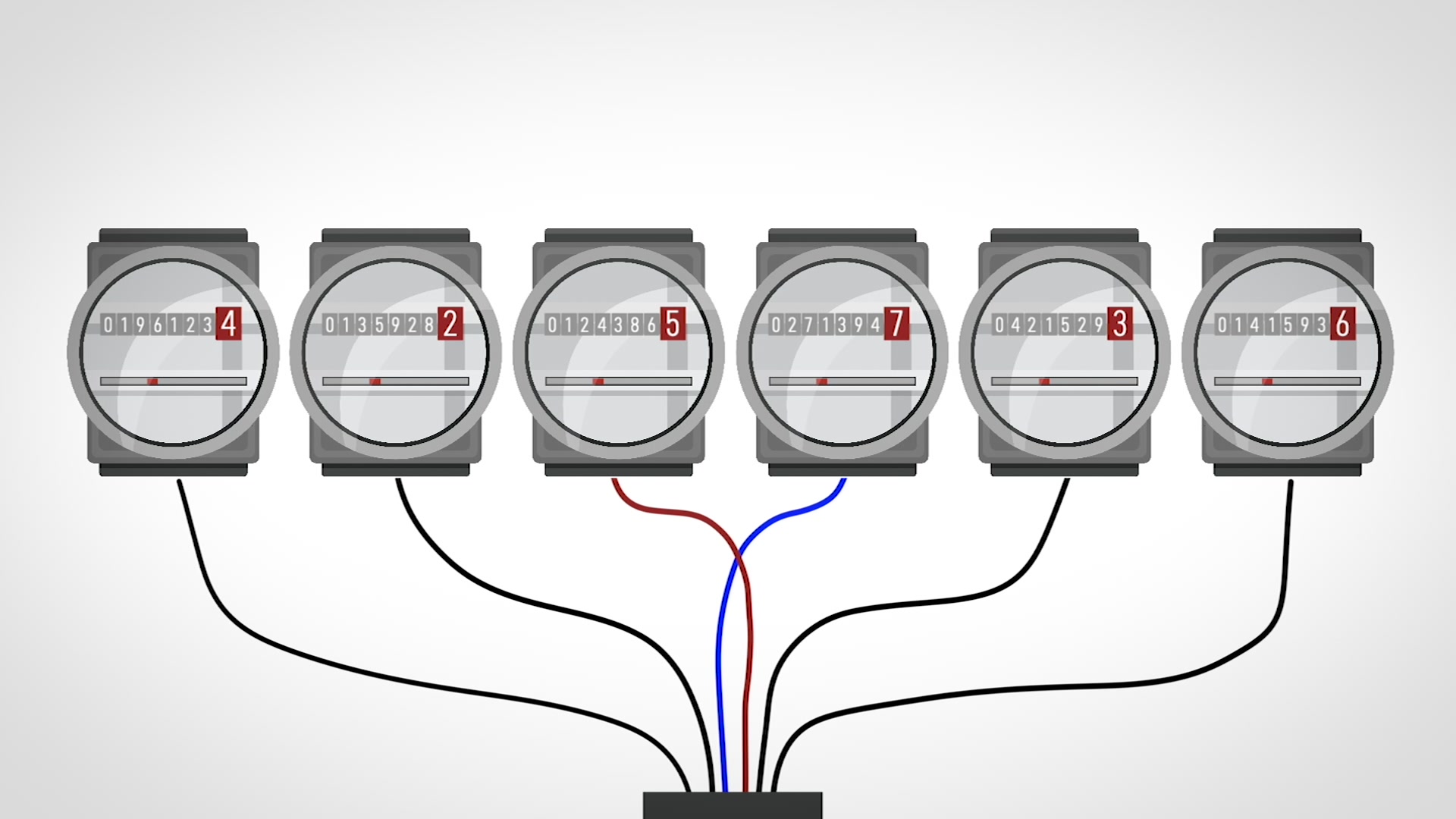In a newly opened warehouse space in Coppell, shelves are stocked with a revolving inventory of snacks like chips, almond butter and noodles. Pantry staples that Louis Fritjofsson, CEO and co-founder of Martie, said may have otherwise gone to waste.
In November, the NBC 5 Responds team took you to one of the local salvage grocery stores in North Texas where consumers shopped for discounted food.
Since then, we have learned that other businesses are offering similar concepts online.
Watch NBC 5 free wherever you are
Online Surplus Grocery
In a newly opened warehouse space in Coppell, shelves are stocked with a revolving inventory of snacks like chips, almond butter and noodles. Pantry staples that Louis Fritjofsson, CEO and co-founder of Martie, said may have otherwise gone to waste.
Get top local stories in DFW delivered to you every morning with NBC DFW's News Headlines newsletter.
“Most of the time it's simply overstock,” said Fritjofsson. “There's no problem, there's not a dented box, it's not short-coded. Nothing is a problem with the product more than it cannot make it into the normal retail shelf.”
Martie says it buys liquidation or seasonal pantry foods, household items and pet food from producers and vendors then ships the products to customers in 12 states, including Texas.
“We're here to be a partner with these vendors and make sure that all this food gets around to people that need it,” said Fritjofsson.
Martie says it ships orders through UPS. All of the food is shelf-stable and does not need refrigeration. Orders over $50 ship free. Customers pay a $1.99 handling fee with every order.
When we looked, we found a six-count box of granola bars for $1.99, a 10.25-ounce bag of pita chips for $2.49 and an 8.8-ounce package of chickpea pasta for $1.89.
Fritjofsson said some of the food may be close to a “best by” or “use by” date, but the website doesn’t sell items past the date on the label.
“If we have inventory that has not sold out before ‘best before’ date, we actually increase the discounts,” said Fritjofsson.
Martie launched a year and a half ago, primarily shipping to the west coast. Fritjofsson said the company moved warehouse operations from California to North Texas this spring, preparing to ship nationwide later this year.
"We're trying to repurpose that food"
The site joins other businesses that say they aim to divert surplus or leftover food from landfills.
“Food waste is a massive global issue,” said Brody Slacer, head of growth and impact for Flashfood, an app that partners with grocery stores to sell food nearing its “best by” dates.
Stores can upload what’s available. The customer shops and pays in the app, then pick up items at the store.
“We're trying to repurpose that food, especially the food that's still consumable and get it to home where the family can have a nourishing meal,” Slacer said.
Flashfood says it works with 1,700 stores around the country, entering the North Texas market after partnering with Sav A Lot in December.
We found two locations in Dallas offering a small selection of food and household products. When we looked, we counted 23 products offered at a Lancaster location and 11 at a location on MLK.
“It's going to take a whole ecosystem of different solutions to help curb food waste,” Slacer said. “For us, specifically with Flashfood, we want to be in every retailer across every city in North America. That's really our push.”
Another app, Too Good To Go, officially launched in North Texas in May to offer “surprise bags” of unsold food from local restaurants and stores.
“If you have dietary restrictions, you know, the way we like to think about that is you want to pick a potential partner that you maybe have some experience in or that it looks as though it's going to offer the types of foods will fit,” said Chris MacAulay, U.S. country manager at Too Good To Go.
MacAulay said the average surprise bag costs around $4.99 and the app has partnered with approximately 100 restaurants in North Texas. Consumers pay to reserve a bag in the app, then pick it up within a time frame specified by the restaurant.
“For partners, they're taking something that they were throwing away previously and they're making money off of it. They're also getting access to new consumers who are going to come visit the store,” MacAulay said.
In the United States, the USDA estimates as much as 40 percent of the food supply is wasted.
Lynne Ziobro, who started a website called Buy Salvage Food, said addressing some of that food waste inspired her to start mapping surplus grocery stores around the country.
Ziobro said cost-conscious consumers, like her, are hungry for new options.
“I actually do believe there are going to be more companies, more competitors coming out, doing the same thing,” Ziobro said.
Understanding food dates
The USDA says many dates on food packages refer to quality, not safety. The federal government doesn't regulate the dates you see on food packages. The infant formula is the exception.
The FDA says when shopping at salvage grocery stores, follow the same safety tips you would when buying food anywhere. Those tips include: avoiding cans of food with dents or rust along the seams. Skip bulging or swollen canned food. Don't buy sealed packages with a leak or hole.
When you’re storing food at home, the way you pack your fridge can extend the life of perishables. Watch this story for tips.
NBC 5 Responds is committed to researching your concerns and recovering your money. Our goal is to get you answers and, if possible, solutions and a resolution. Call us at 844-5RESPND (844-573-7763) or fill out our customer complaint form.
Get top local stories in DFW delivered to you every morning. Sign up for NBC DFW's News Headlines newsletter.



